- May 4, 2021
- 3,611
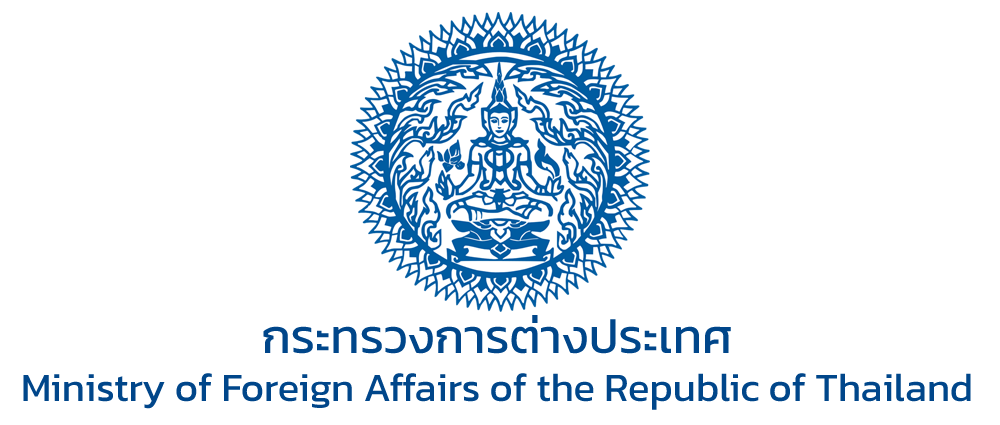
Part of Executive Branch 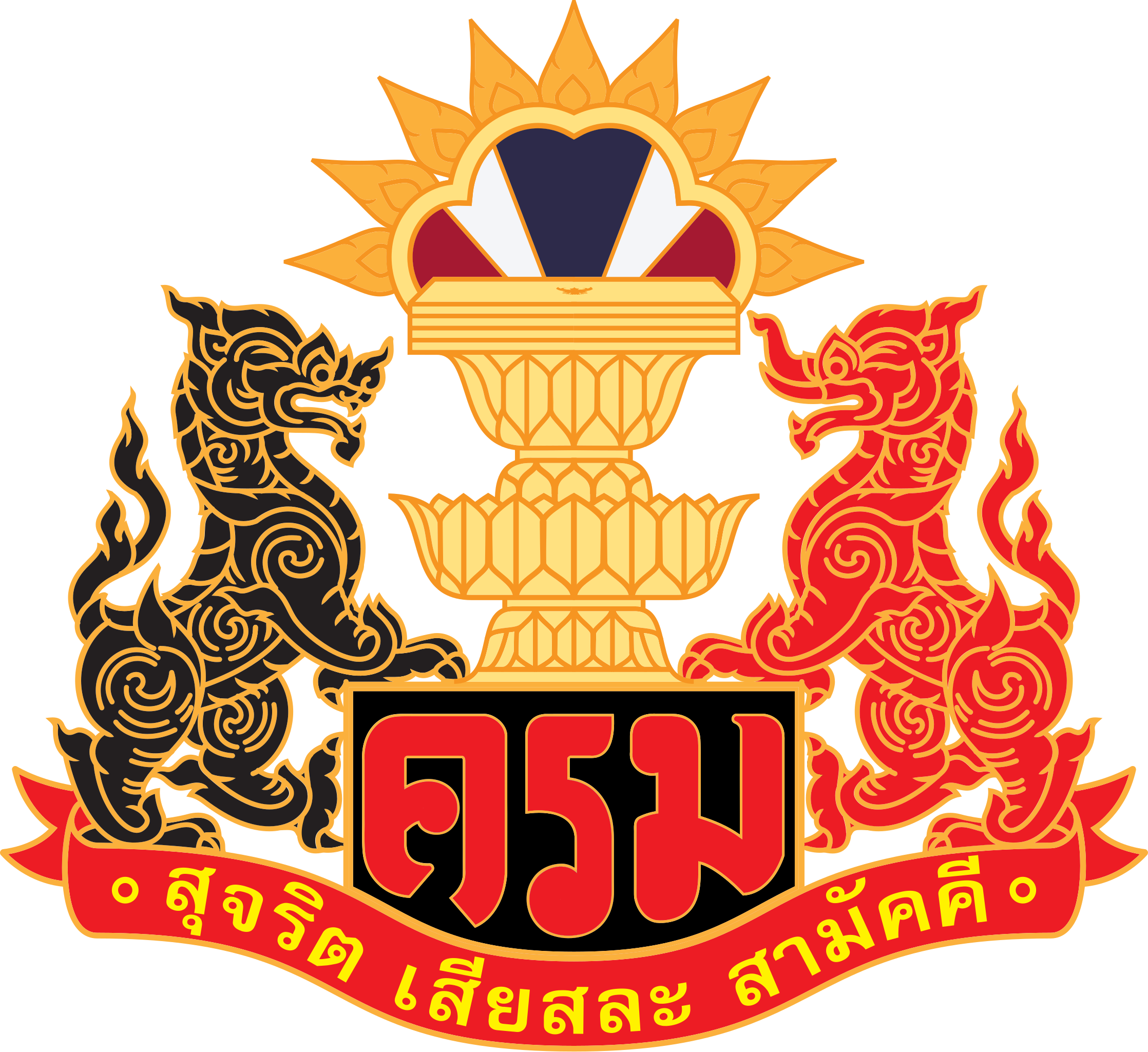
Council of Ministers of Thailand The 55th Cabinet of Thailand The 3rd Cabinet of the Republic | Surin Pitsuwan 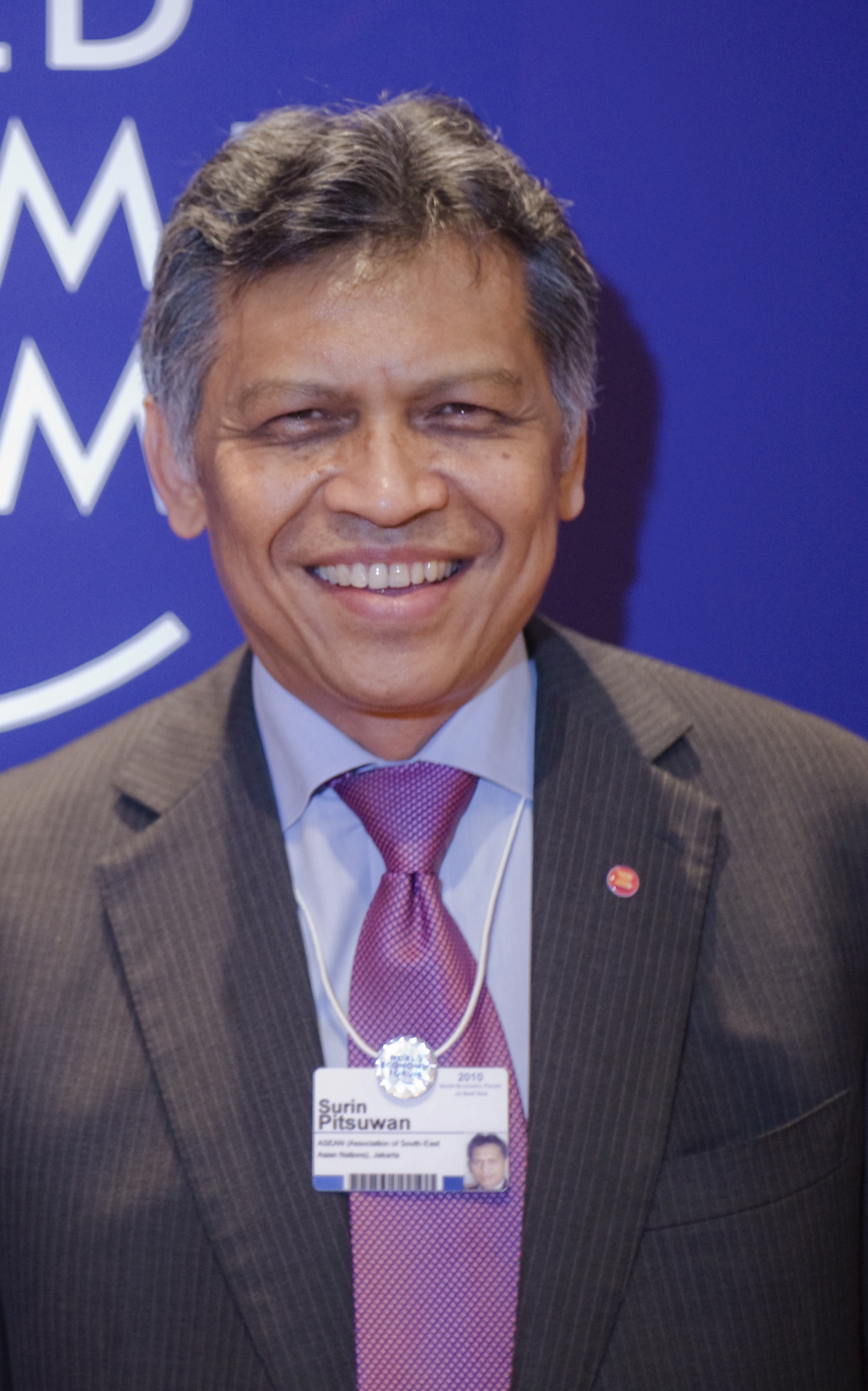
Director-General of ASEAN, Oceania, and Pacific Affairs | Panthipha Iamsuttha Ekarohit 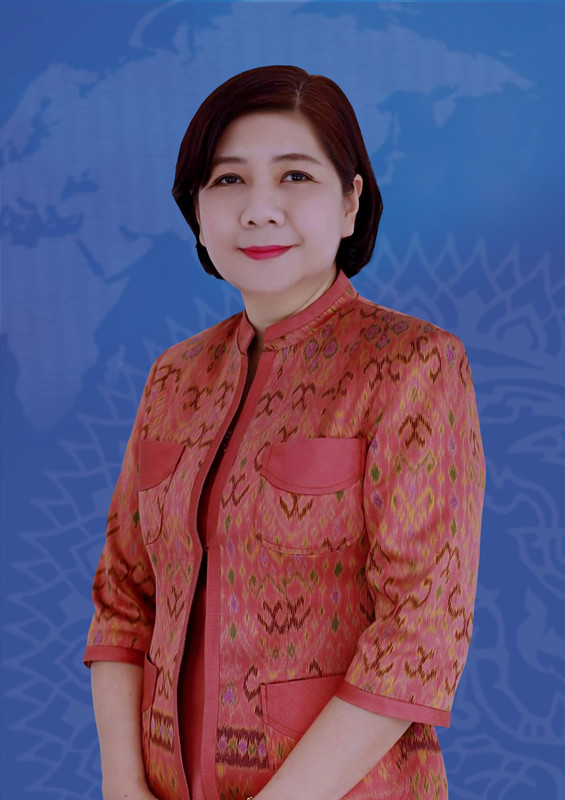
Director-General of European Affairs |
Surakiart Sathirathai 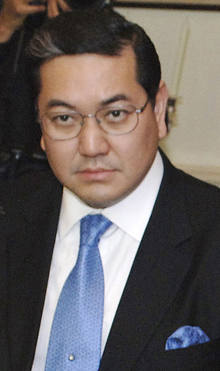
Minister of Foreign Affairs | Tongruedee Makbun 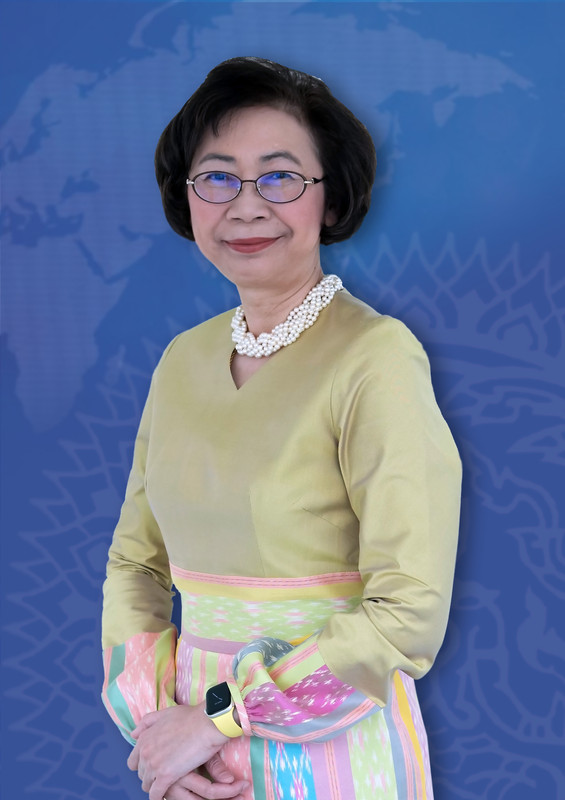
Director-General of Asian Affairs | Nattaphon Khanthahiran 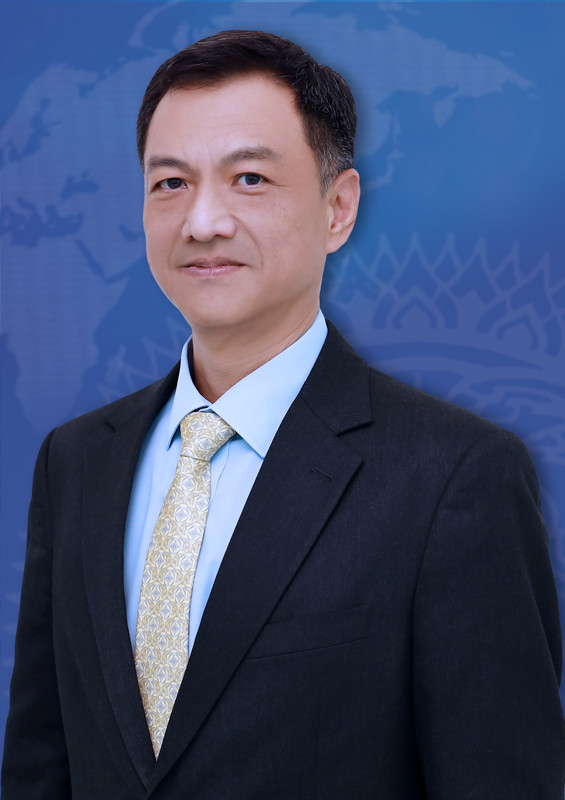
Director-General of Middle East Affairs |
Sukhumbhand Paribatra 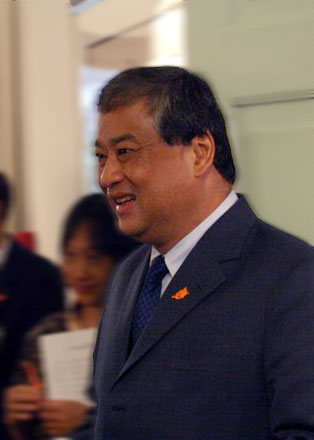
Deputy Minister of Foreign Affairs | Busadee Santipitak 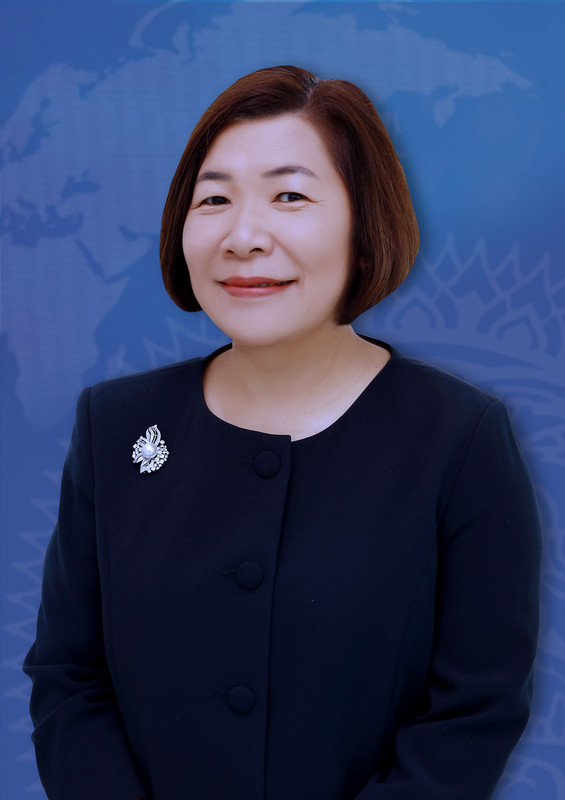
Director-General of African Affairs | Phinsuda Chainam 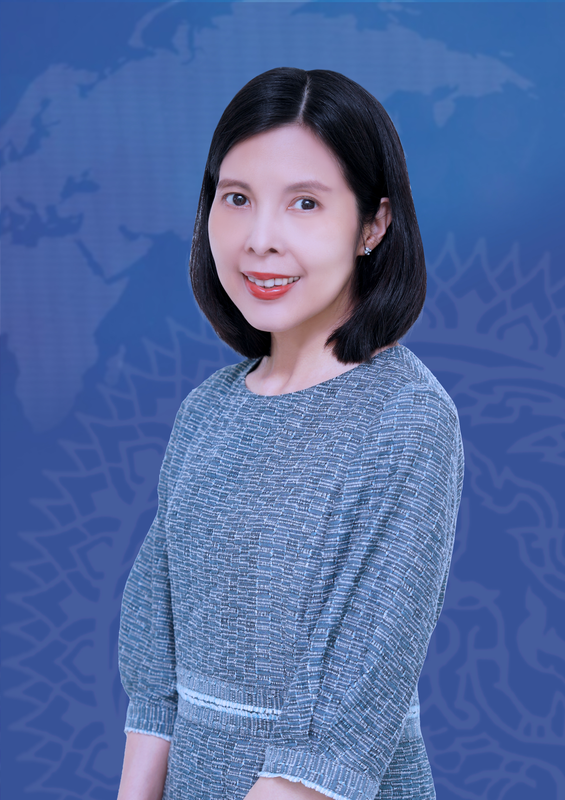
Director-General of Americas Affairs |
Last edited:




